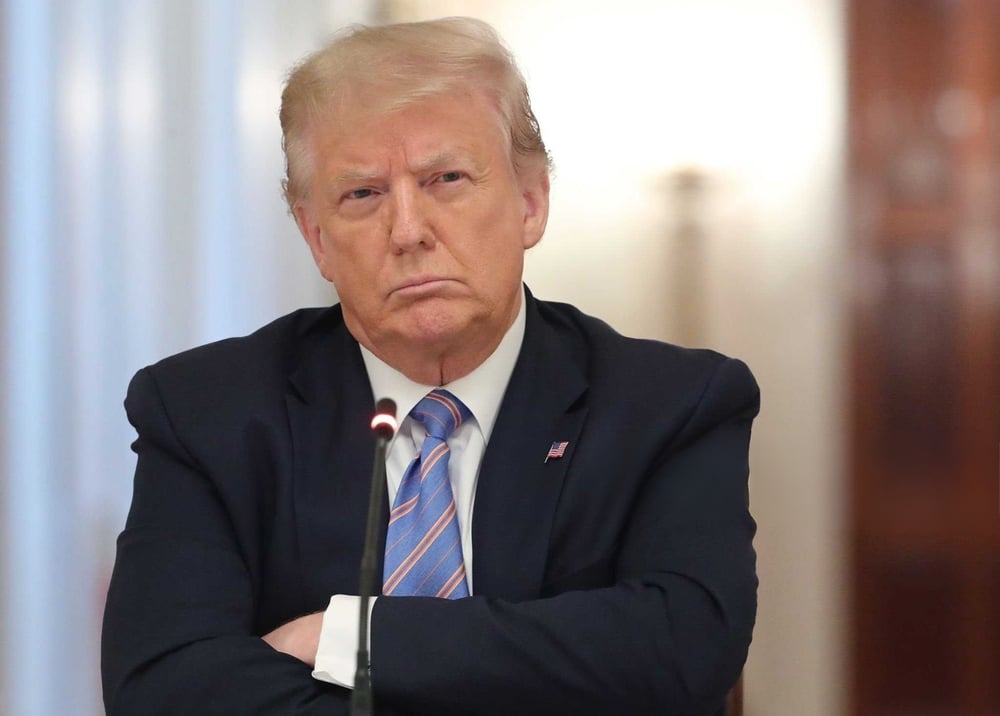Leaked Messages Reveal Operational Details
The Atlantic has released new messages from a Signal group chat involving Trump administration officials, revealing detailed discussions about a March 15 strike on Houthi rebels in Yemen. The chat, titled “Houthi PC small group,” inadvertently included Atlantic editor-in-chief Jeffrey Goldberg.
Specifics of the Leak
Defense Secretary Pete Hegseth shared a “TEAM UPDATE” on the day of the operation, including the exact timing of U.S. warplane launches and when “THE FIRST BOMBS WILL DEFINITELY DROP.” These operational details appeared in a chat thread that contained a journalist, raising serious concerns about operational security.
Goldberg and Atlantic staff writer Shane Harris reported that earlier discussions focused on the timing and rationale behind the strikes, but the March 15 messages became overtly tactical. Vice President Vance responded to Hegseth’s details with, “I will say a prayer for victory.” National Security Advisor Michael Waltz, who had invited Goldberg to the chat, updated the group on a collapsed target building and shared emojis (👊🇺🇸🔥) after confirming a positive ID on a Houthi leader at the location.
White House Response
The White House pushed back aggressively. Spokesperson Taylor Budowich called The Atlantic “scumbags” and accused the outlet of abandoning a false “war plans” narrative. Press Secretary Karoline Leavitt emphasized that the texts were not war plans but simply “attack plans” devoid of sensitive intelligence like locations, sources, or methods.
Security Fallout and Political Firestorm
The incident has ignited political tensions, with some officials like Hegseth attacking Goldberg as a “discredited so-called journalist.” Meanwhile, Director of National Intelligence Tulsi Gabbard and CIA Director John Ratcliffe both told the Senate no classified data or specific weapons systems were discussed.
The Atlantic’s Rationale
Initially, Goldberg withheld the most sensitive strike details to avoid endangering U.S. personnel. But after repeated denials and mischaracterizations from Trump officials, The Atlantic chose to publish the messages. “People should see the texts in order to reach their own conclusions,” Goldberg and Harris stated.





















